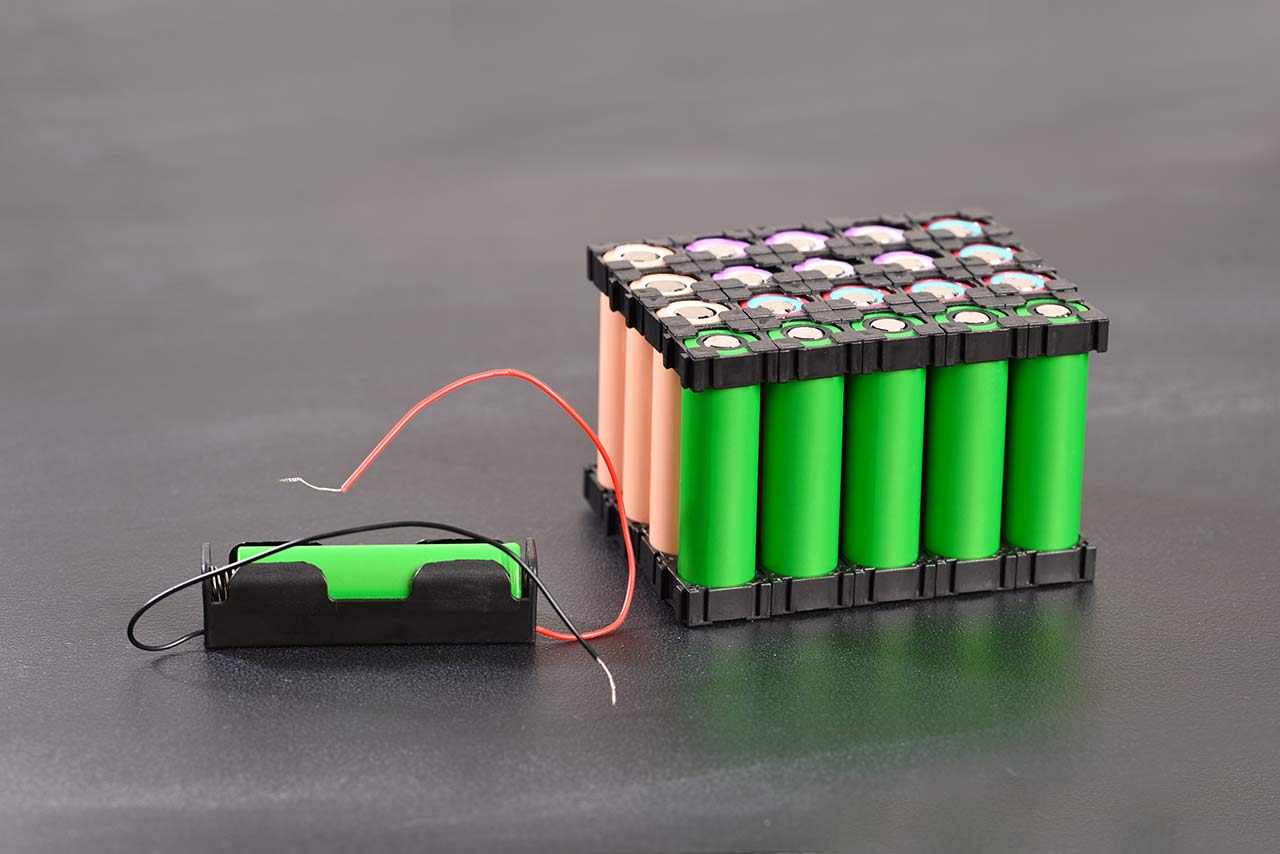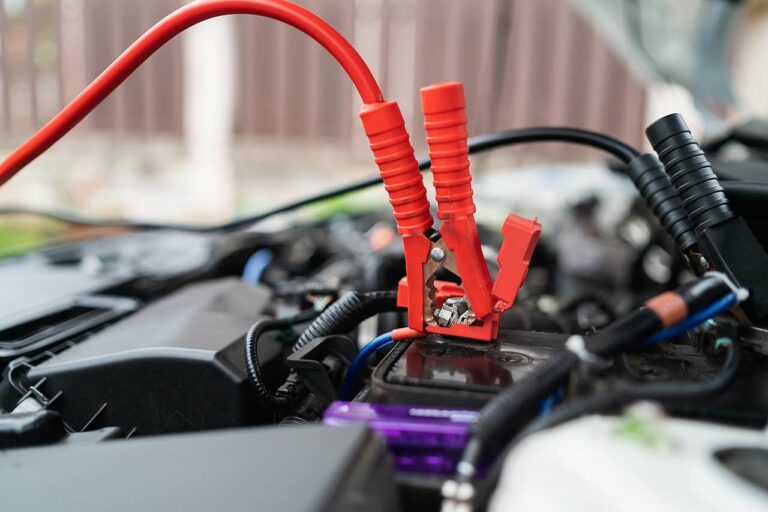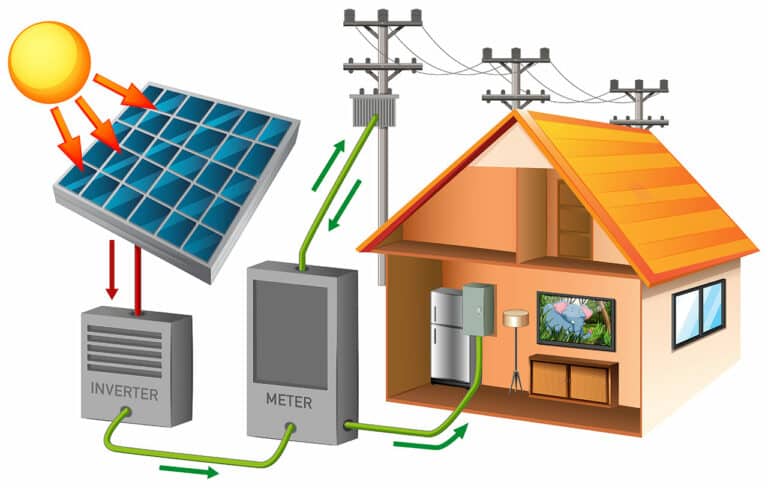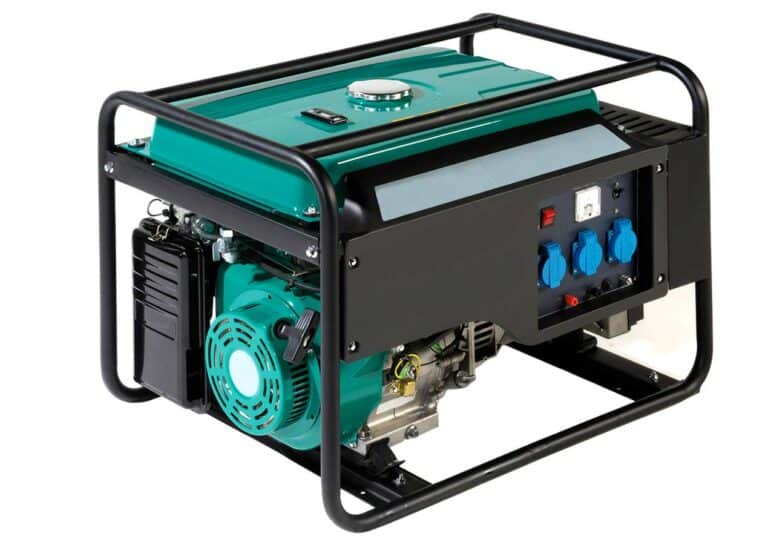How To Store Lithium Batteries Safely (Expert Tips)
Lithium batteries, commonly found in our everyday devices, require proper care and attention. It’s essential to know the dos and don’ts when it comes to their storage, so you can avoid any hazards that could not only damage your devices but could pose serious safety risks.
Let’s talk about how to store lithium batteries safely, including ideal storage conditions, handling precautions, and disposal options for used or damaged batteries.
Performance and Longevity
When it comes to storing your lithium batteries, there are a few key factors to consider that’ll impact their performance and longevity. By keeping these in mind, you can extend the shelf life and maintain a high energy density for your batteries.
Above all, temperature matters. You want to store your lithium batteries in a cool, dry place where the temperature stays around 50°F (10°C), if possible. This helps minimize self-discharge and maintains the energy density, so your batteries are ready to roll when you need them. Of course, it’s highly unlikely that the lithium batteries in the devices you use in your home are being stored at this temperature. So, to further clarify, lithium batteries can be stored in temperatures ranging from around 32°F (0°C) to 77°F (25°C) for optimal lifespan. However, for everyday use and shorter-term storage, typical room temperatures (generally up to about 77°F or 25°C) are perfectly acceptable. The key is to avoid extremes, both in terms of cold and heat, as these can affect the battery’s performance and overall lifespan.
Lithium Battery Storage
Now, let’s talk about how to store the batteries themselves.
When it comes to storing lithium batteries safely, and so that they will work when you need them, there are a few things to keep in mind.
Avoid stacking the batteries or placing them in close proximity to each other. Give each battery some breathing room, and make sure it’s lying flat in a non-conductive container (like a plastic box). This prevents short-circuiting and helps the batteries maintain their charge over time.
Also:
- Keep them away from direct sunlight and heat sources.
- Don’t store them in airtight containers or sealed bags, as trapped moisture can cause leakage.
- Avoid placing them near metal objects or other conductive materials.
- Store the batteries fully charged, but not overcharged, as this can impact their overall performance.
Importance of Proper Battery Storage
So, now we know how to store lithium batteries, but why is it so important? Let’s break it down.
Lifespan
When it comes to lithium-based batteries, proper storage can help extend their lifespan and keep them in good shape. You definitely don’t want to risk battery damage, which can lead to overheating, fire, or even explosions.
Effectiveness
Along with extending their lifespan, proper storage of lithium batteries keeps them in working order. This way, they’ll be ready for immediate use and maintain their recoverable capacity longer when you need them.
Safety
It’s been covered, but it bears repeating. Improperly stored batteries can become damaged batteries, and damaged lithium batteries have the potential to overheat, catch fire, or explode. That’s how much proper storage matters.
In fact, let’s get into the risks of lithium batteries a little more.
The Hazards and Dangers
Risk of Fire
Lithium-ion batteries pack a lot of energy in a small space, which makes them powerful but also vulnerable to catching fire. If the battery is damaged or fails, a short circuit could occur and generate heat. This heat could cause a chain reaction, leading to what’s known as a “thermal runaway”, where the battery could catch fire or even explode.
Corrosion Concerns
Although rare, corrosion could become an issue for your lithium batteries as well. It can happen if there’s a leak, exposing the battery to moisture. Over time, this corrosion could weaken your lithium battery’s structure, increasing the chance of a battery failure or fire hazard. Keep an eye out for any signs of corrosions, like white or green deposits on the battery terminals. If you seen signs of corrosion, it’s time to properly dispose of your lithium battery and replace it.
Dangers of Overheating
Overheating is a hazard you need to be aware of when dealing with lithium batteries. High temperatures can damage the battery’s internal components, causing it to fail or even explode. To avoid such risks, make sure your lithium batteries aren’t exposed to extreme heat or direct sunlight for long periods. Don’t store them near heat sources and definitely don’t leave them in hot vehicles
Disposing of Lithium Batteries
Lithium batteries may be prevalent in many common devices, but that doesn’t mean they are any common trash. When they reach the end of their lifecycles, or get damaged, they can’t be tossed into the trash like ordinary household waste. Improper disposal can lead to environmental harm and even potential fire hazards. As such, it’s crucial to understand the right ways to dispose of these batteries.
Here are your options:
Recycling Centers
Most communities have dedicated recycling centers that accept lithium batteries. They possess the necessary facilities and expertise to handle and recycle these batteries in an environmentally safe manner. This method ensures the materials within the battery are reclaimed and repurposed, reducing the need for new raw materials.
Electronics Retailers and Drop-off Programs
Many electronics retailers have started participating in battery recycling programs, allowing consumers to drop off used batteries at their stores. It’s a convenient way for consumers to dispose of their batteries, especially if they’re already visiting the store for other purposes.
Mail-in Recycling Programs
Certain manufacturers and organizations offer mail-in recycling programs for lithium batteries. You can send your used batteries directly to these entities, and they’ll handle the recycling process from there. This method is especially handy for those who live in areas without local recycling centers or drop-off points. The mail-in programs often provide clear instructions and sometimes even packaging materials.
Hazardous Waste Collection Events
Some municipalities organize periodic hazardous waste collection events where residents can drop off items that aren’t suitable for regular trash or recycling, including lithium batteries. These events ensure proper handling and disposal of batteries, making it easier for residents to participate in responsible disposal practices.
Properly disposing of lithium batteries isn’t just good for the environment; it’s a necessary step to ensure safety. Always stay informed about local disposal options and strive to make safe, environmentally responsible choices.







